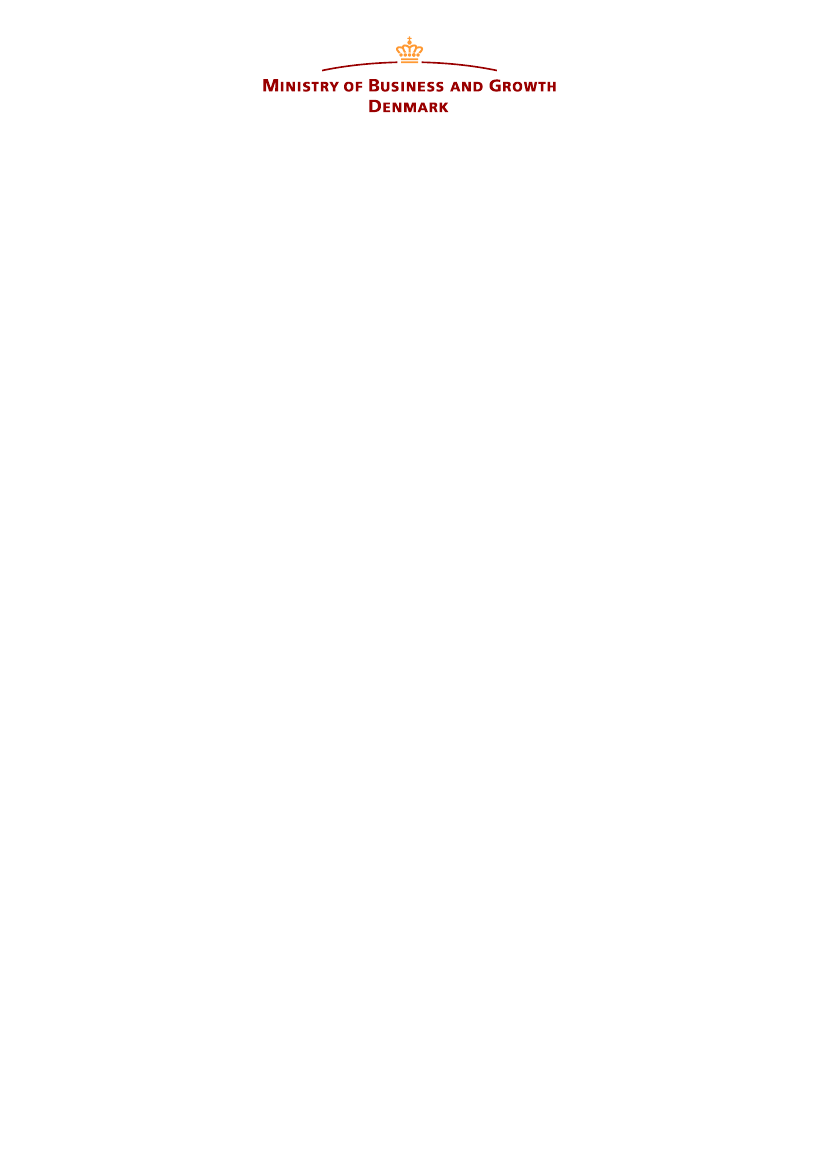
July 2018
NOTE
July 2018
Danish response to the public consultation on Public Reporting by
companies
–
Fitness Check on the EU Framework
The Danish Government supports of the initiative of the Commission to
evaluate the relevance and the effect etc. of the EU reporting framework
on public reporting for companies. This position paper supports and par-
ticularizes the response to the consultation provided by the Danish Gov-
ernment.
The financial reporting framework applicable to all EU companies
The Danish Government believes it is important to have an EU frame-
work requiring valuable financial information to be published for the ben-
efit of investors and other users of financial information.
We would like to stress the importance of assessing the user need for fi-
nancial information from companies of different sizes. This is valuable
knowledge when deciding on the content and the form of financial report-
ing requirements.
With regard to small companies it is imperative to find the right balance
between meeting all needs that different users of financial statements
might have, on the one hand, and on the other hand not imposing adminis-
trative costs on companies that are not proportionate by requiring exces-
sive reporting. The smallest companies have the least economic resources
to provide this information and the fewest users.
The Danish Government encourages the Commission to look into alterna-
tive ways to secure publication of relevant financial information from the
smallest companies instead of a once a year publication of the financial
statements. This could be obtained through companies giving more fre-
quent public access to parts of the bookkeeping and various key figures.
Such a publication regime could secure more frequent access to relevant
data. In this case it should be a prerequisite that users of financial infor-
mation should not have less information and security for their decision-
making than today.